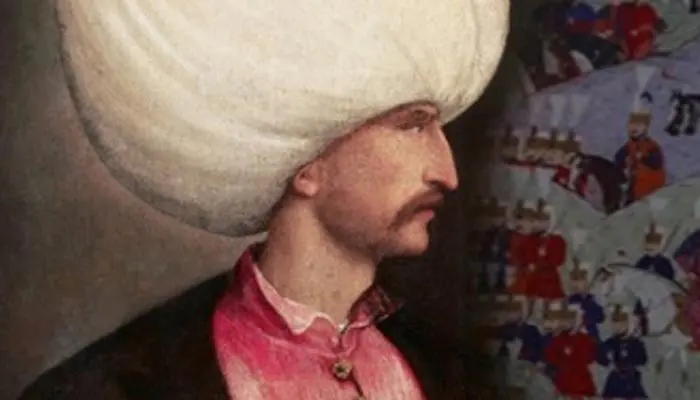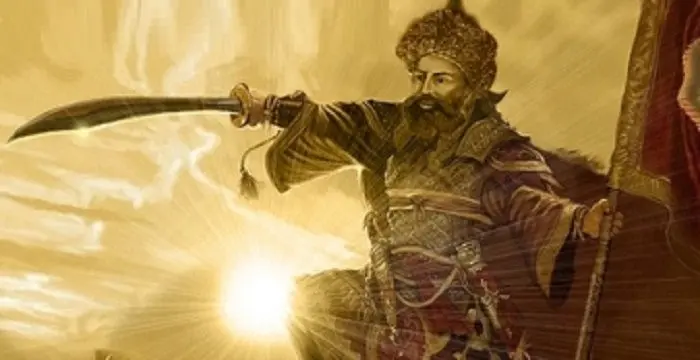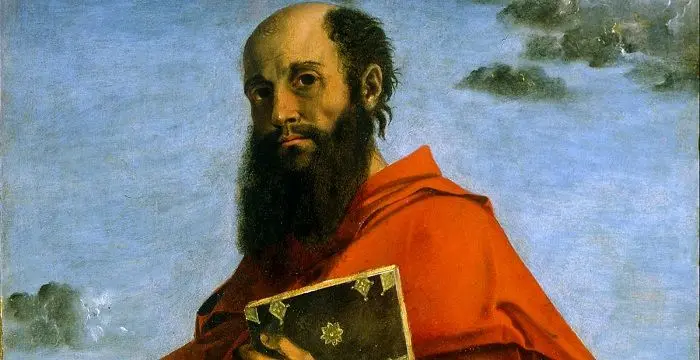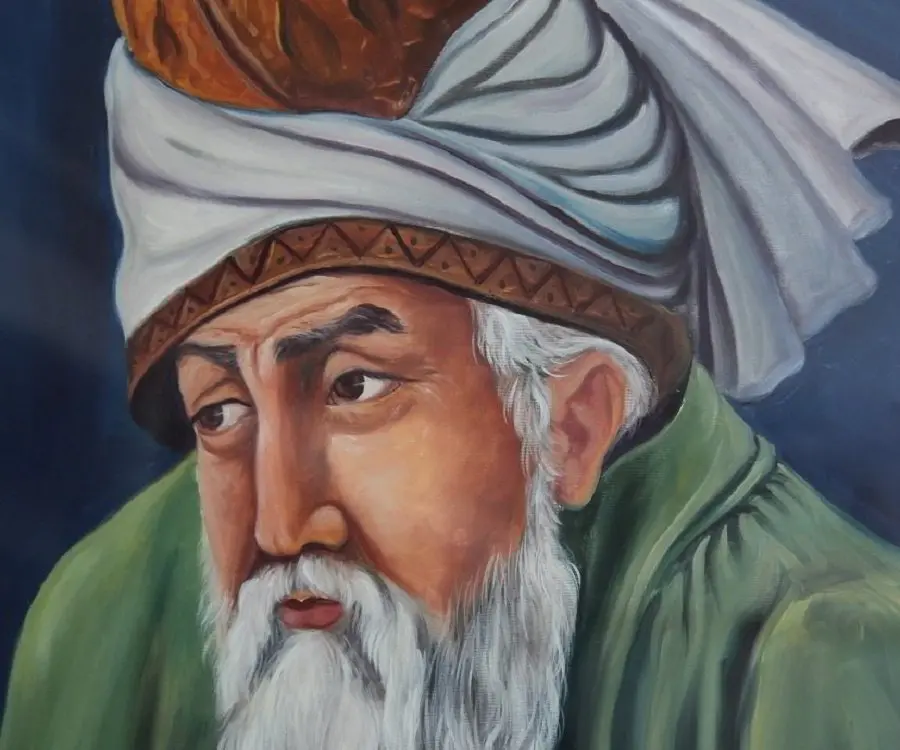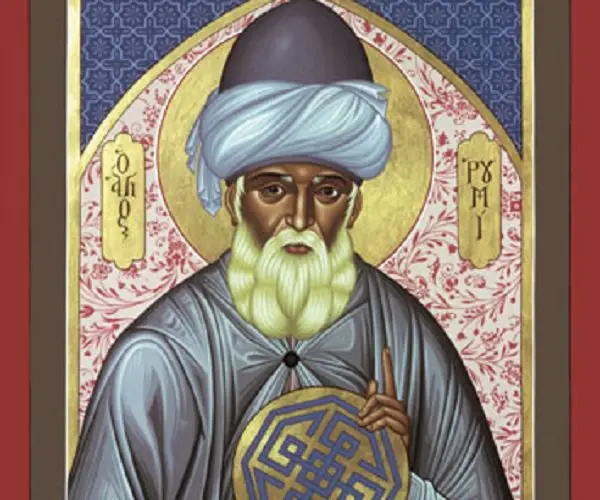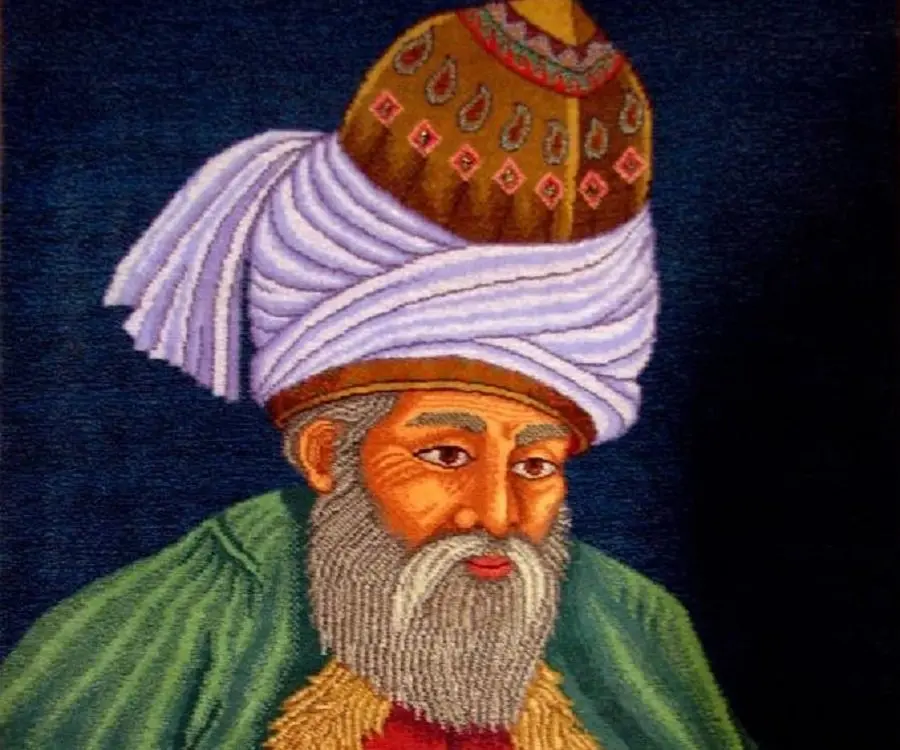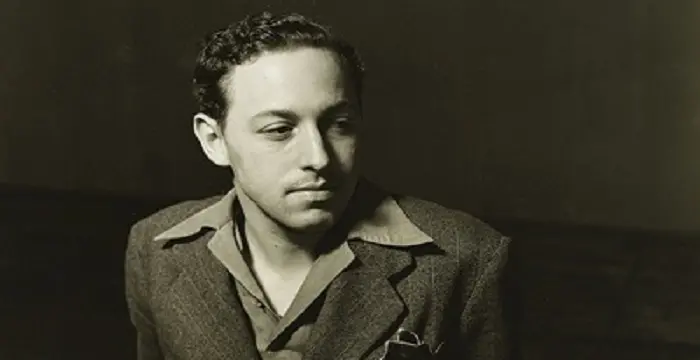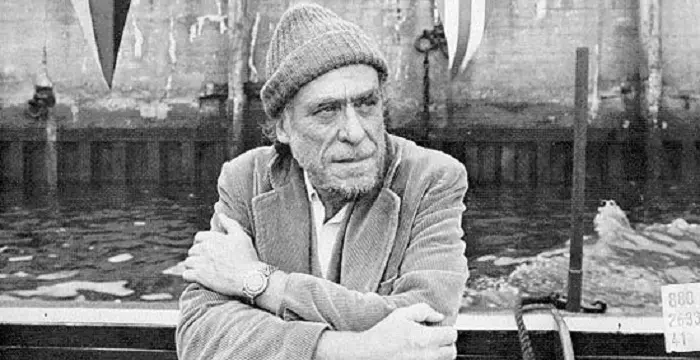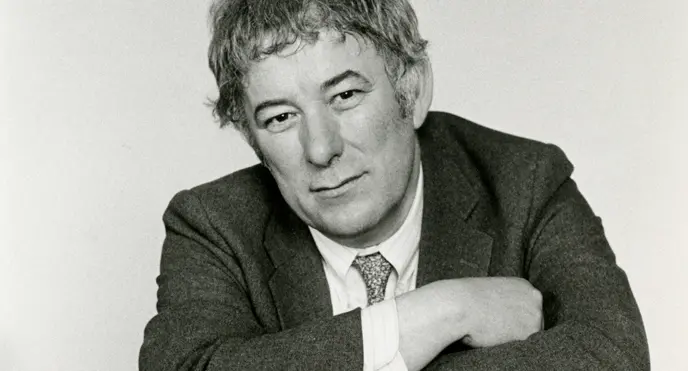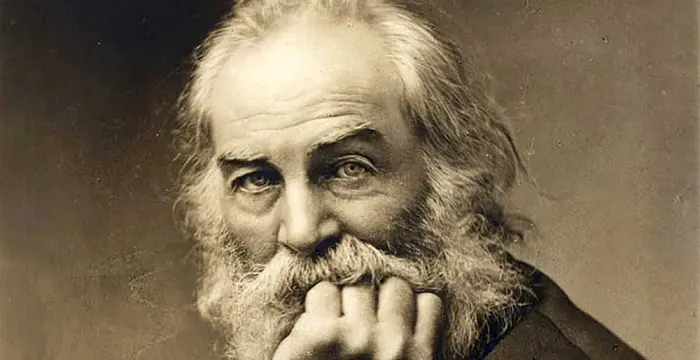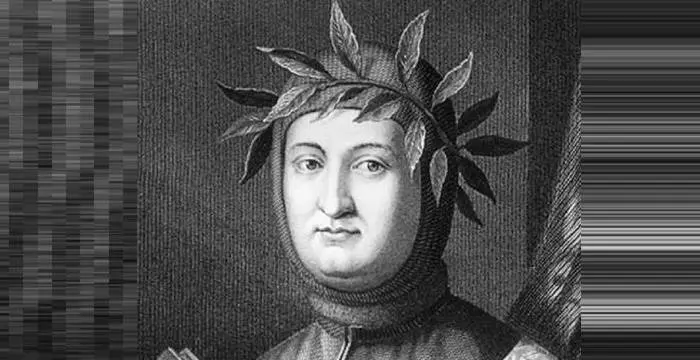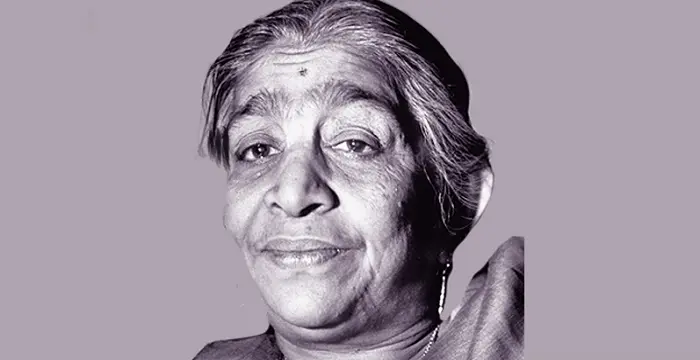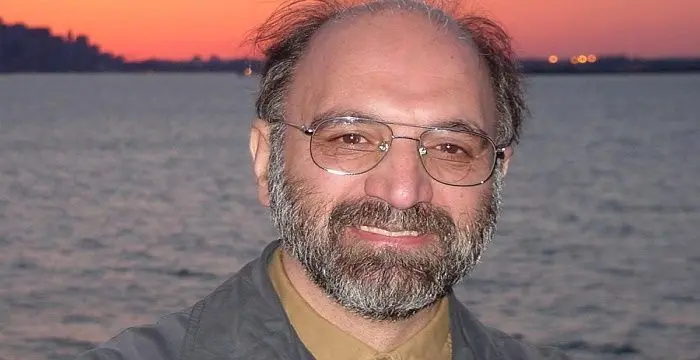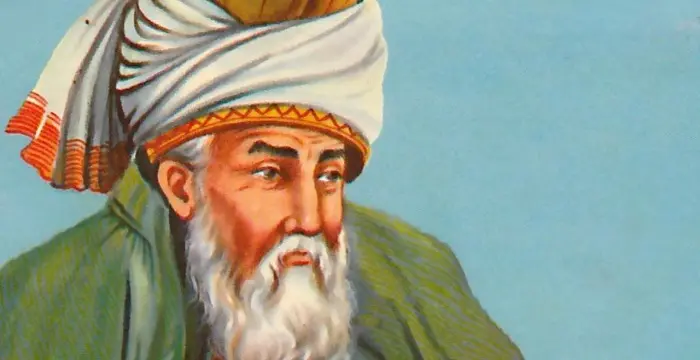
Rumi - Great Poet, Career and Childhood
Rumi's Personal Details
Rumi, a 13th century Persian poet and Sufi mystic, has worldwide recognition
| Information | Detail |
|---|---|
| Birthday | September 30, 1207 |
| Died on | December 17, 1273 |
| Nationality | Afghan, Turkish |
| Famous | Writers, Poets, Great Poet, Turkish Men |
| Spouses | Gowhar Khatun |
| Childrens | Ala-eddin Chalabi, Amir Alim Chalabi, Malakeh Khatun, Sultan Walad |
| Birth Place | Balk (present-day Afghanistan) |
| Born Country | Afghanistan |
| Religion | Muslim |
| Gender | Male |
| Father | Bahā ud-Dīn Walad |
| Sun Sign | Libra |
| Born in | Balk (present-day Afghanistan) |
| Famous as | Great Poet |
| Died at Age | 66 |
// Famous Turkish Men
Suleiman The Magnificent
Suleiman I, commonly known as Suleiman the Magnificent, was the tenth and longest-reigning sultan of the Ottoman Empire. This biography profiles his childhood, life, administration, empire, achievements, timeline and highlights some fun facts.
Hayreddin Barbarossa
Hayreddin Barbarossa was one of the most successful naval commanders of the Ottoman Empire in the 16th century. Find more about his childhood, family, personal life, achievements, etc.
St Paul
St Paul is one of the greatest contributors to Christianity. Go through this biography, to know more about the life and childhood of Saint Paul.
Rumi's photo
Who is Rumi?
Maulana Jalaluddin Rumi was a 13th century Persian poet, an Islamic dervish and a Sufi mystic. He is regarded as one of the greatest spiritual masters and poetical intellects. Born in 1207 AD, he belonged to a family of learned theologians. He made use of everyday life’s circumstances to describe the spiritual world. Rumi’s poems have acquired immense popularity, especially among the Persian speakers of Afghanistan, Iran and Tajikistan. Numerous poems written by the great poet have been translated to different languages.
Biography detail
Childhood
Jalaluddin Rumi was born on September 30, 1207, in Balkh (in present-day Afghanistan). His father, Bahaduddin Walad, was a theologian, jurist and a mystic, while his mother was Mumina Khatun. When Mongols invaded Central Asia, between 1215 and 1220, Rumi left Balkh with his family and a group of disciples. The migrating caravan traveled extensively in Muslim lands, including Baghdad, Damascus, Malatya, Erzincan, Sivas, Kayseri and Nigde. After performing pilgrimage in Mecca, they eventually settled in Konya, located in the present-day western Turkey. At that time, Rumi’s father was an Islamic theologian, a teacher and a preacher.
Career
Rumi was a disciple of Sayyed Burhan ud-Din Muhaqqiq Termazi, one of his father’s students. Under the guidance of Sayyed Termazi, he practiced Sufism and acquired a lot of knowledge about spiritual matters and secrets of the spirit world. After the demise of Bahaduddin, in 1231 AD, Rumi inherited his father’s position and became a prominent religious teacher. He preached in the mosques of Konya. By the time Rumi reached the age of 24, he had proven himself as a well-informed scholar in the field of religious science.
Turning Point Of Rumi’s Life
Rumi was already a teacher and a theologian, when in 1244 AD he came across a wandering dervish named Shamsuddin of Tabriz. The meeting proved to be a turning point in his life. Shamsuddin and Rumi became very close friends. Shams went to Damascus, were he was allegedly killed by the students of Rumi who were resentful of their close relationship. Rumi expressed his love for Shamsuddin and grief at his death, through music, dance and poems.
For nearly ten years after meeting Shamsuddin, Rumi devoted himself in writing ghazals. He made a compilation of ghazals and named it Diwan-e-Kabir or Diwan-e Shams-e Tabrizi. Thereafter, Rumi encountered a goldsmith - Salaud-Din-e Zarkub - whom he made his companion. When Salaud-Din-e Zarkub died, Rumi befriended one of his favorite disciples named Hussam-e Chalabi. Rumi spent most of the later years of his life in Anatolia, where he finished six volumes of his masterwork, the Masnavi.
Popular Works
- Diwan-e Shams-e Tabrizi: Diwan-e Shams-e Tabrizi (or Diwan-e-Kabir) is one of the masterpieces of Rumi. It is a collection of ghazals named in the honor of dervish Shamsuddin, who was Rumi’s great friend and inspiration. It also contains an assortment of poems arranged according to the rhyming scheme. Diwan-e-Kabir has been written in ‘Dari’ dialect. It is regarded as one of the greatest works of Persian literature.
- Mathnawi: Mathnawi is a compilation of six volumes of poetry, written in a didactic style. The poems are intended to inform, instruct as well as entertain the reader. It is believed that Rumi started the work of Mathnawi at the suggestion of his then companion, Husam al-Din Chalabin. Mathnawi attempts to explain the various facets of spiritual life.
Legacy
Rumi’s popularity has gone beyond national and ethnic borders. He is considered to be one of the classical poets, by the speakers of Persian language in Iran, Afghanistan and Tajikistan. For many years, he had a great influence on Turkish literature. The popularity of his works inspired many artists, including Mohammad Reza Shajarian (Iran), Shahram Nazeri (Iran), Davood Azad (Iran) and Ustad Mohammad Hashem Cheshti (Afghanistan), to give classical interpretation for his poems. Rumi’s works have been translated to many languages across the world, including Russian, German, Urdu, Turkish, Arabic, French, Italian and Spanish.
Death
Rumi departed from the world on 17th December 1273 AD, in Konya, within the Seljuk Empire's territory (currently it's within Turkey). He was buried beside his father in Konya. A tomb named Mevlana mausoleum was built in Konya, commemorating the great Sufi poet. It consists of a mosque, dervish living quarters and a dance hall. The sacred site is visited by his admirers coming from different parts of the world.
// Famous Writers
Joyce Meyer
Joyce Meyer is a Christian author and speaker. This biography provides detailed information about her childhood, life, achievements, works & timeline
Temple Grandin
Temple Grandin is a well-known American writer, autistic activist and animal expert. This biography profiles her childhood, life, achievements, career and timeline
Tennessee Williams
Tennessee Williams was one of the greatest playwrights of the 20th century. This biography of Tennessee Williams provides detailed information about his childhood, life, achievements, works and timeline.
// Famous Poets
Charles Bukowski
Charles Bukowski was a German-born American novelist, short story writer and poet. With this biography, learn in details about his childhood, life, works, career and timeline
Seamus Heaney
Nobel Laureate Seamus Heaney was an Irish poet, playwright and translator. Know about his profile, childhood, life and timeline in the biography below.
Walt Whitman
Walt Whitman was an American poet, journalist and humanist. Read this brief biography to find more on his life & timeline.
Francesco Petrarch
Fêted as the “Father of Humanism”, Francesco Petrarch is one of the most influential literary figures the world has ever had. Explore this biography to know about his childhood, life and timeline.
Sarojini Naidu
Sarojini Naidu was an Indian freedom fighter and poet. Read this brief biography to find more on her life.
Abdolkarim Soroush
Abdolkarim Soroush is a reformer, thinker, and Rumi scholar belonging to Iran. Soroush is also a prominent figure in Iran’s religious movement. This biography provides detailed information about her childhood, life, achievements, works & timeline.
Rumi's FAQ
What is Rumi birthday?
Rumi was born at 1207-09-30
When was Rumi died?
Rumi was died at 1273-12-17
Where was Rumi died?
Rumi was died in Konya (present-day Turkey)
Which age was Rumi died?
Rumi was died at age 66
Where is Rumi's birth place?
Rumi was born in Balk (present-day Afghanistan)
What is Rumi nationalities?
Rumi's nationalities is Afghan, Turkish
Who is Rumi spouses?
Rumi's spouses is Gowhar Khatun
Who is Rumi childrens?
Rumi's childrens is Ala-eddin Chalabi, Amir Alim Chalabi, Malakeh Khatun, Sultan Walad
What is Rumi's religion?
Rumi's religion is Muslim
Who is Rumi's father?
Rumi's father is Bahā ud-Dīn Walad
What is Rumi's sun sign?
Rumi is Libra
How famous is Rumi?
Rumi is famouse as Great Poet
